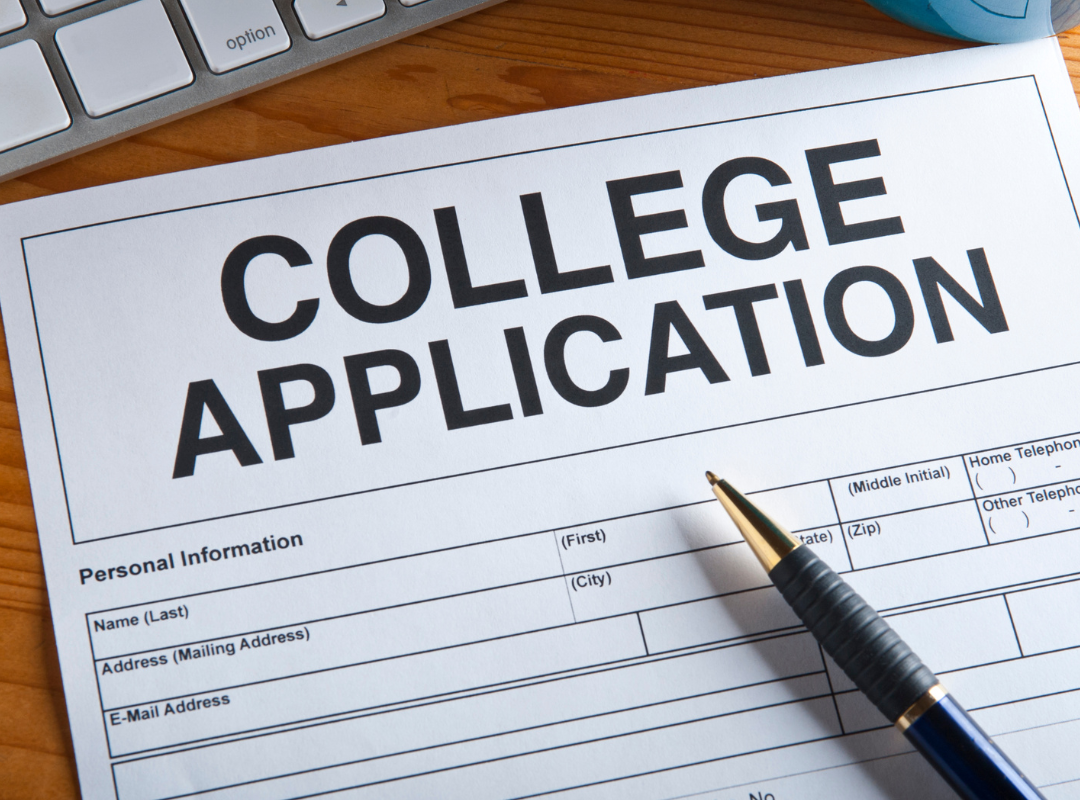Selecting a school you want to attend can be a very daunting task, especially if several schools have offered you admission offers. Below are a few factors you could consider as you settle on a school that is best for you.
1. Financial aid offer
As an African Student, studying in the US may be expensive. The financial aid award a school extends to you is therefore very paramount. It is advisable to settle for the school that offers full aid. Selecting a school that will prove to be a financial burden to your family is not a great choice to make. Moreover, try as much as possible to avoid a school that gives you loans to cover your tuition fees. If at all it is important that you take up the financial aid offer that has a loan included, then pay keen attention to things like the interest rates when you are in college and after college. Because your education is an investment, you could also evaluate the Return On Investment and decide whether accepting the loan is the best option for you.
2. Major Specific Ranking
If you have already decided on the major you want to pursue, it is important to consider a school’s major specific ranking before selecting it. Major specific ranking is always based on the professors, research opportunities, academic resources and even the amount of funding allocated to a specific major. Selecting a school that is known for the major you want to attend presents you with more opportunities after college because you will get the best knowledge and skills in that particular major
3. Extra-curricular activities
Extra-curricular activities greatly influence one’s social life in college. If you are the type of student that is heavy on the activities you take part in,then it is important to heavily consider this before making a choice. Choose a school that will give you a platform to exploit your full potential in whatever you are interested in or gifted in.For instance, if you have a penchant for playing instruments, then choose a school that has a well-known orchestra. An orchestra that will give you a chance to grow your talent and make it meaningful.
4. Semester Organization and curriculum
A school’s semester organization is an important factor to consider when selecting a school. Some schools operate on the fall and spring semester system while others operate on a quartet system. Somehow, the system you select has a direct effect on your study habits, and sometimes even your social life. Therefore, you should know the kind of person you are, what works best for you and the type of system you would thrive in best.
Depending on your goal, a school’s curriculum may be good or bad for you. While some schools have an open curriculum that gives students an opportunity to select the courses they want to take, others have restrictions. Look at this factor well and know what you actually want.
5. Community
This is another important factor a student should consider before selecting a school. As an African student, you will realize that more often than not, you will predominantly be a minority. It is important to select a school that has a community which embraces diversity and does not make you feel odd. Beware of the place where you are going, and choose a place with your people. A place where you will encounter minimal to zero discrimination. Your mental and emotional well being greatly contribute to your academic success.
6. Location and prices of things outside campus
A school’s location will determine the weather you will experience, your social life and the living standards. For instance, schools in the North Eastern side have harsh winters, and you will have to brace yourself for that in the event that you settle for that which is located there. Most schools with international students are in the North Eastern. Schools on the West Coast have fewer international students, and you may feel a little bit lonely if you are the type of person that enjoys being around people of your kind.
It is a popular opinion that cities have more expensive lives compared to rural areas. That also applies to universities. Schools in the rural and suburbs have slightly lower living expenses compared to schools in the hearts of cities. Therefore, depending on your financial capabilities, you can choose one that is located in a place you can live without having to worry about finances.





